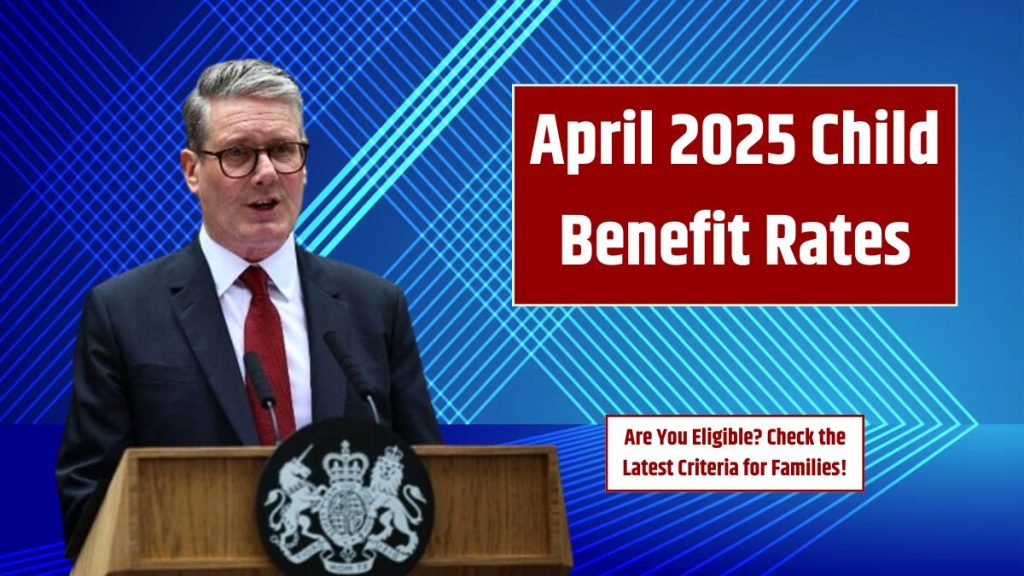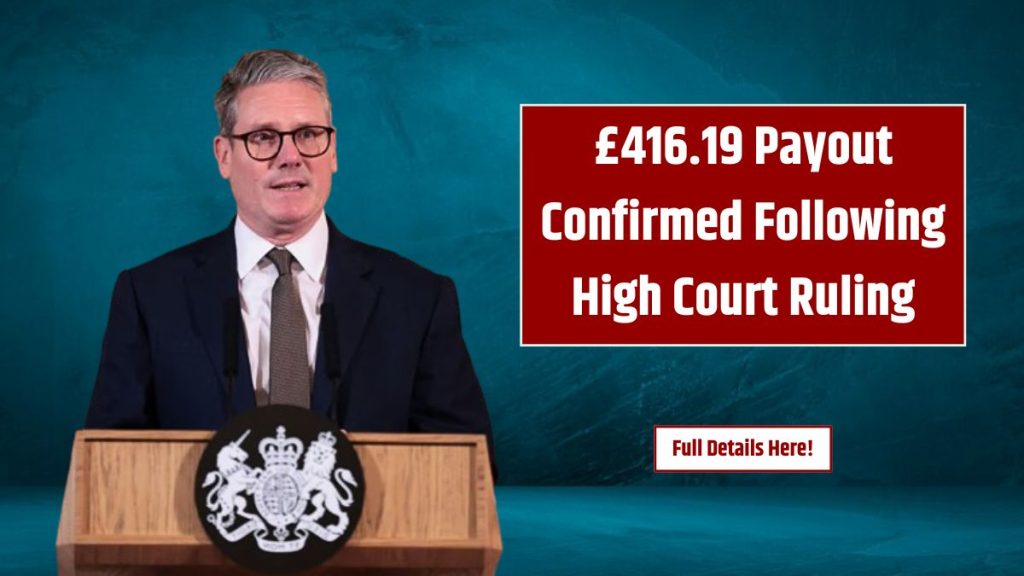As the financial year approaches, understanding which benefits are changing and which are not is crucial for households planning their budgets. While benefits like Universal Credit and the state pension will see increases tied to inflation in April 2025, other key payments and thresholds remain frozen. This lack of adjustment could leave many families grappling with financial challenges.
Below, we examine three critical areas—housing support, benefit caps, and savings thresholds—that will remain unchanged, exploring the reasons behind these freezes and their potential effects on claimants.
Housing Support: Local Housing Allowance (LHA)
The Local Housing Allowance (LHA), which determines housing benefits for private tenants in England, Scotland, and Wales, will remain frozen until 2026. The LHA was last updated in April 2024 to reflect the lowest 30% of local rents based on September 2023 data. Before this, it had been frozen for four years, relying on outdated figures from 2019.
This stagnation comes amid rising rental costs, putting significant financial strain on tenants. Advocacy groups, including the Joseph Rowntree Foundation, have voiced concerns, predicting that over one million renters will be affected. By 2026, an estimated 20,000 private renters—including 10,000 children—could be pushed into poverty.
Adding to the challenge, housing benefits are gradually being replaced by Universal Credit, with most recipients transitioning by the end of 2024. Critics worry this shift will exacerbate affordability issues, particularly in areas where rents are climbing sharply.
The Benefit Cap: Holding Back Assistance
The benefit cap, introduced in 2013, limits the total benefits a household can receive. Unlike most benefits, which are set to increase with inflation, the cap thresholds will remain frozen for another year.
Here are the current thresholds:
| Household Type | Outside London | Inside London |
|---|---|---|
| Couple or single parent | £423.46 p/w (£1,835 p/m) | £486.98 p/w (£2,110.25 p/m) |
| Single adult | £283.71 p/w (£1,229.42 p/m) | £326.29 p/w (£1,413.92 p/m) |
Certain claimants are exempt from the cap, such as those on disability benefits, with caring responsibilities, or receiving working tax credits. However, the freeze disproportionately affects low-income families, especially in high-cost regions. Critics, including Labour MP Helen Hayes, have called for a review of the cap to prevent a rise in homelessness and poverty.
Savings Thresholds: No Flexibility for Inflation
Eligibility for benefits is also governed by savings thresholds, which remain unchanged for another year. These thresholds determine how much savings claimants can hold before their benefits are reduced or eliminated:
- Savings below £6,000: Full benefit eligibility.
- Savings between £6,000 and £16,000: Reduced benefits, with £4.35 deducted for every £250 over £6,000.
- Savings above £16,000: No benefit entitlement.
While the capital limit ensures that resources are targeted at those with the greatest need, it has not been adjusted for inflation. This penalizes savers, particularly during times of economic uncertainty when people may need to rely on their savings to meet rising costs.
Impacts of Frozen Benefits on Households
These frozen thresholds and payments create significant uncertainty for households. Without adjustments to match inflation or rising costs, affected individuals may face difficulties covering housing, daily expenses, and emergencies. Campaigners argue that these freezes undermine financial stability, increasing reliance on food banks, temporary housing, and other support services.
Why are some benefits frozen while others increase?
Benefits tied to inflation, like Universal Credit, increase automatically. However, decisions to freeze thresholds like the benefit cap or savings limits are policy-driven, often tied to government budget constraints.
What is the impact of frozen housing benefits?
Frozen housing benefits do not account for rising rents, which can force tenants to cover the gap out of pocket, leading to increased financial strain and, in some cases, poverty or homelessness.
Can the government change these freezes mid-year?
While adjustments are typically planned annually, significant political or economic pressures could lead to mid-year reviews. However, such changes are rare.










